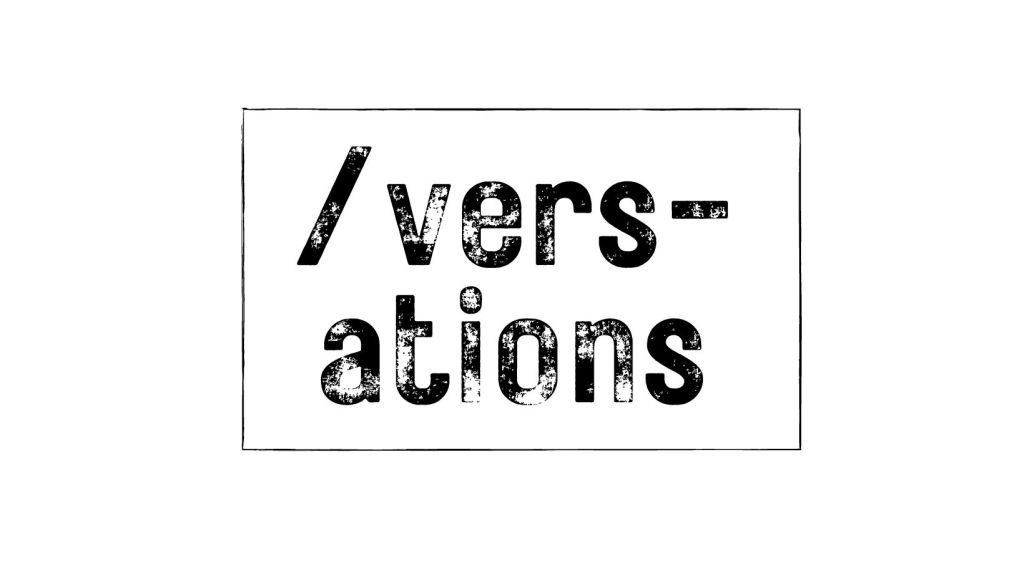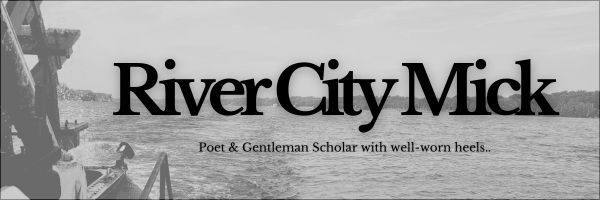
Jean Cocteau, Diary of an Unknown (1988)
Know that your work speaks only to those on the same wavelength as you.
I’ve been active and enagaged in my development as poet since I was 10 years old. From conversations I’ve had with other poets, I know that was probably entirely too young to know who and what you are in the world. But that’s what it was. I just knew. I was a word junkie from the first time I put pencil to paper and wrote something that meant something to me… a poem about a sunset. Looking back, what a wonderful gift. To know. Also looking back: what a terrible knowledge to have. Most poets wander into it later. They discover a knack and become addicts. They wander into the literary trap house and there I am, already flopped out on a mattress, poems and prosey bits strung around amongst the rats and field mice, far gone and now just a cautionary tale they mostly choose to ignore.
The problem then is figuring out the way. When you’re 10 and have no in-person guidelines to work from, you go searching. Before the great gogging Google Machine, all the search spiders were intuitive. And no matter what anyone tells you, sometimes intuition is just plain wrong. So it took me a while. I missed out on some life, maybe, waiting for life to happen. But I like to think I’ve made up for that, too. Once I found Walt Whitman and then the Beats, I found a pathless land. I stopped waiting and I went. College was a pretext to find some way through the world. More than once I fell into the trap of thinking about writing as a way to make a living. I wandered into space filler jobs, avoiding career and the potting and rooting effect that can have. I eventually stumbled into teaching almost accidentally, trying to find a safe shelter to write from and found probably the only other vocation I will ever have, which I was, at length, exiled from. But the words were still there.
Now, I know there are “professional” poets… which is to say, they get paid to go be poets. They lead workshops. They write reviews. They teach in creative writing programs. They publish in Poetry. They have a well-earned niche. That’s never been my experience, but one of the things I picked up along the way… or maybe it was something I had to begin with… was a deep impatience for the Great and Wonderous Oz of the poetry culture engine. I read recently on Substack an article referencing something the author(s) called an ecomonic culture engine. And with all due respect to the author(s), it did bring to mind the man behind the green curtain.

But I do understand the mechanical universe as a metaphor. It’s one I fall into a lot because it is the aptest description not only of the universes that people build but of the way we are bound, by our blood and bone roots, to describe: the universes we collectively experience that we haven’t built. After so long, you start to see the giant pistons spinning the earth pushing somewhere above the clouds.
I suppose, based on my position – or lack thereof – in mainline poet culture, I could think of myself as an “outsider.” I used to. I think “outsider art” might still be a term used to describe art that happens outside of mainstream machinery. But anyone I ever met who used it was careful to delineate between “outsider” art and “folk” art, which — which, as far as I can tell, has more to do with what the skyline outside your window looks like.
The standard equations: Mountains + “unschooled creativity = folk art. Brick, steel, and cement + “unschooled” creativity = “outsider” art. If you include the variable of schooling the equation looks more like the ideal gas equation.
One more fucking niche. No thanks. Leave the marketing to the suits in marketing. Just make sure to pay them their percentage. Which is, if anyone is being honest, what the poet culture engine is about: marketing.
That’s not to say there isn’t a lot of good work that comes out of the poet culture engine. There is. But like all engines, the poet culture is a closed system. Sometimes it needs new gas or fresh oil. But the basic operation of the engine doesn’t change.
I think if I had found any recognition when I was younger and believed it was inevitable it would have been the death of my work. At least, that’s what I tell myself now, at 50 years old, 40 of them writing and focusing on being a writer. But I like where I am. I’m not headlining readings and workshops. I’m not quoted in articles. But I am still writing.

Yep.
LikeLiked by 1 person
I like what you said here. Here’s to being an outsider/folk/amateur… or whatever niche. Just keep writing.
LikeLike
Thanks Bob! The labels drive me crazy. If I’m lucky someone somewhere will just call me a poet.
LikeLiked by 1 person
I agree about the labels. I certainly enjoy your blog and consider you an excellent poet.
LikeLike
I know you’re there.
I believe we’re on parallel pursuits, that is, we must express an inspiration, to translate the feeling, the concept, the event into a reality that SOME readers grasp.
FOMO- fear of missing out. With my images, poetic fragments, prosey bits scattered about I am compelled to put them to a completed form. I self publish, sans editor, on Facebook. I never did the work to construct a marketing stream on WordPress and Facebook is effortless once I complete a poetic piece. My library in the Cloud.
I have three reasons to express my wade into immortality on social media:
1- as a journalist, to mark a place, a time.
2- to sharpen my axe, practice practice practice.
3- to demonstrate to others that ANYONE can do something creative. Get started.
LikeLike
Thanks for this. It’s very much a journalistic impulse for me as well; and axe sharpening and the teachable moment. I write because can’t stop. I don’t do much marketing here on WP, though. I put my words out there on multiple channels. Like sending different satellites into deep space.
LikeLike
Pingback: from Notes on Writing | dirtysacred